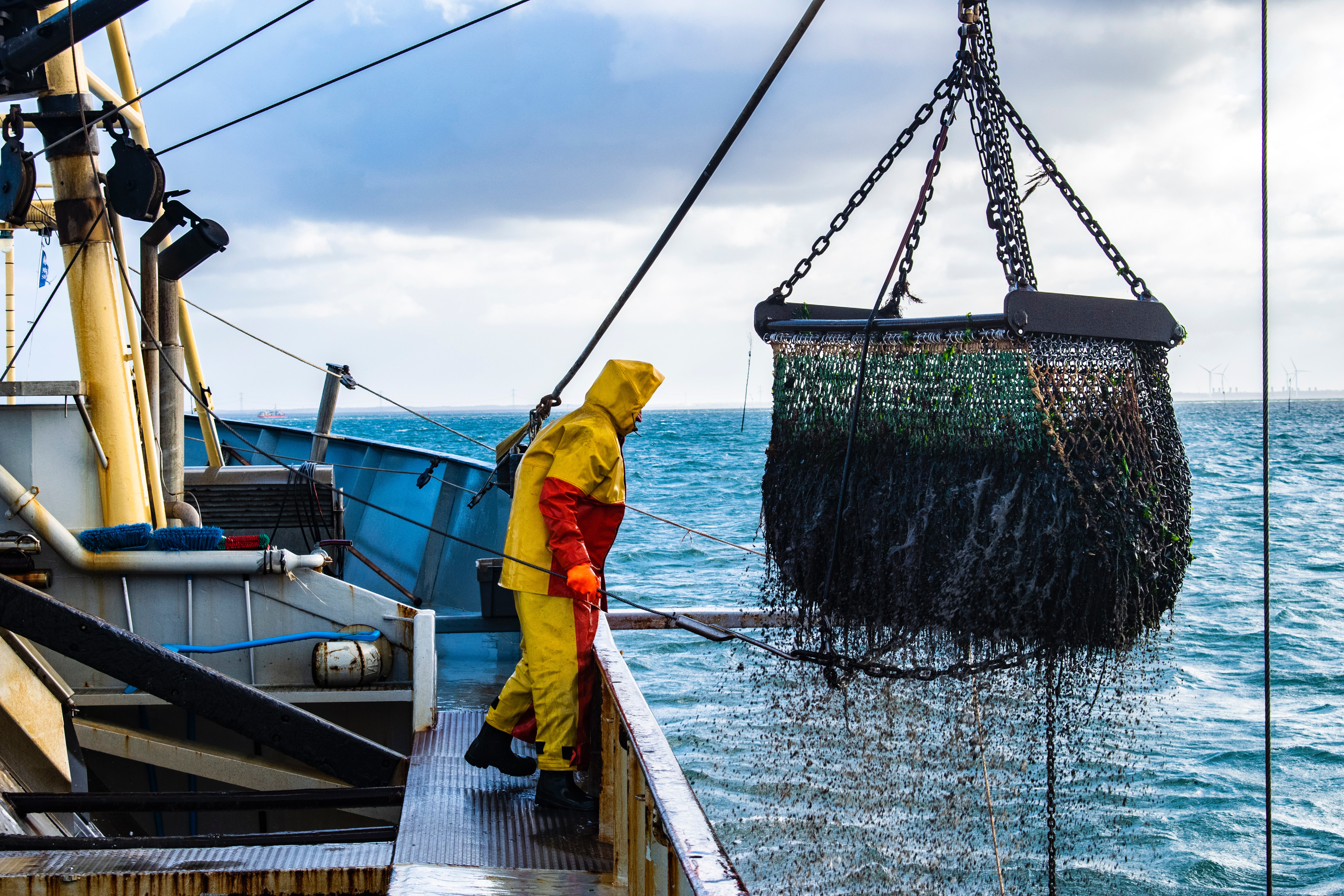About
Climate change threatens ocean health and fisheries and communities that depend on them. Warming waters, ocean acidification, and increasing extreme environmental events like marine heatwaves are causing abrupt shifts in species productivity and distributions, increased bycatch of protected species, and harmful algal blooms. In turn, these impacts can lead to abrupt fisheries closures and cascading economic and ecological impacts.
Around the world, fishermen and fishing communities lack access to timely relief and associated incentives to invest in actions that can mitigate future impacts. In the United States, the Federal Fisheries Disaster Relief Assistance Program provides economic relief to fishing communities in the wake of fisheries disasters. Over the last 30 years, fisheries disasters have cost over $5 billion, but only $2 billion in federal funds have been allocated to impacted communities. This program can also take years to get financial relief into the hands of those impacted and lacks incentives for improved fisheries management that could increase resilience and reduce the impact of future disasters.
As climate impacts to fisheries accelerate, there is growing interest in the use of parametric fisheries insurance as a potential solution to provide timely financial relief in the wake of sudden loss of harvest opportunity. However, the viability of parametric fisheries insurance for perils like marine heatwaves has not been vetted, nor have the conservation opportunities to align incentives for increasing resilience through management actions like improved monitoring, restoration, or precautionary harvest limits.
